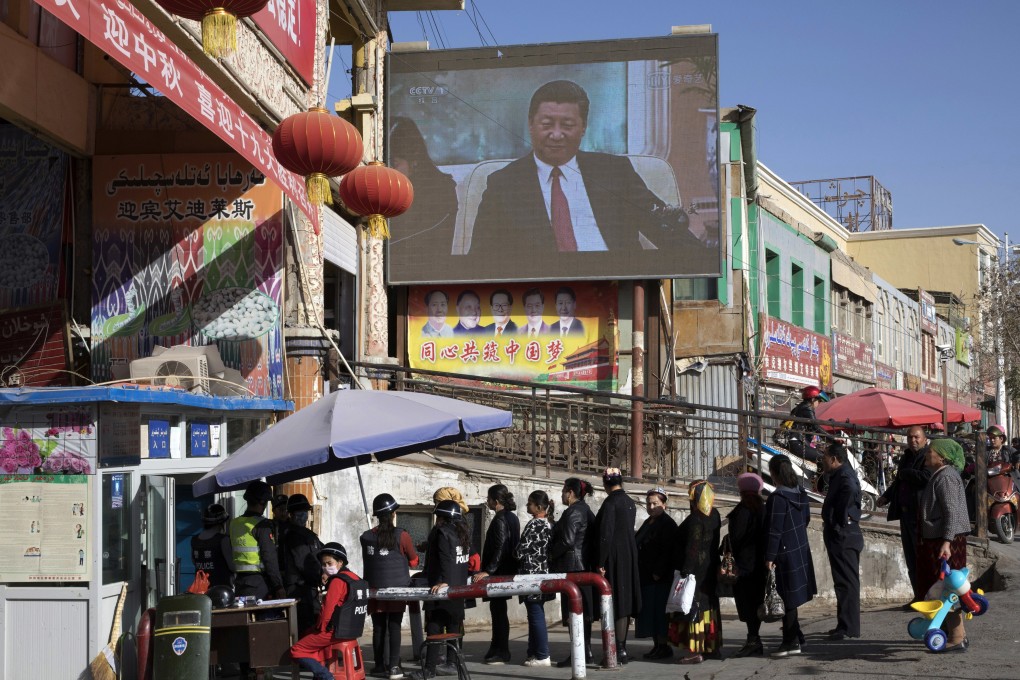China’s anti-sanctions law: how Beijing borrowed a page from the EU’s playbook to counter the West
- Beijing appears to have taken inspiration from the European Union’s (EU) decades-old blocking statute when drafting its own anti-sanctions law
- However, experts say China’s legislation is more ambiguous and goes further by allowing action against ‘unjustifiable’ restrictions on its entities

This is the fifth in a series of stories looking at China’s Xinjiang province and how the far-western region is coping economically under a series of US sanctions over alleged human rights violations and the widespread use of forced labour.
Dozens of clients, mostly from the United States, were calling to ask how the new regulation might affect their business in industries ranging from aerospace to information technology.
Under the law, Chinese authorities can take countermeasures against entities that impose sanctions against the country and hold businesses that refuse to help liable.
Even if the Chinese never invoke their new blocking rules, their existence creates new risks for multinational firms doing business in China
“They asked us to review the compliance manual, and some in sensitive industries also asked us to review their [supply chain] contracts,” recalled Gilardino, who leads the Shanghai office of Horizons Corporate Advisory, which helps foreign businesses integrate into the local market.
“We didn’t receive even one phone call from European clients,” said the veteran adviser, who speaks fluent Chinese and has deep knowledge of local business rules. “It’s more related to state-to-state relationships and Anglo-Saxon countries.”
